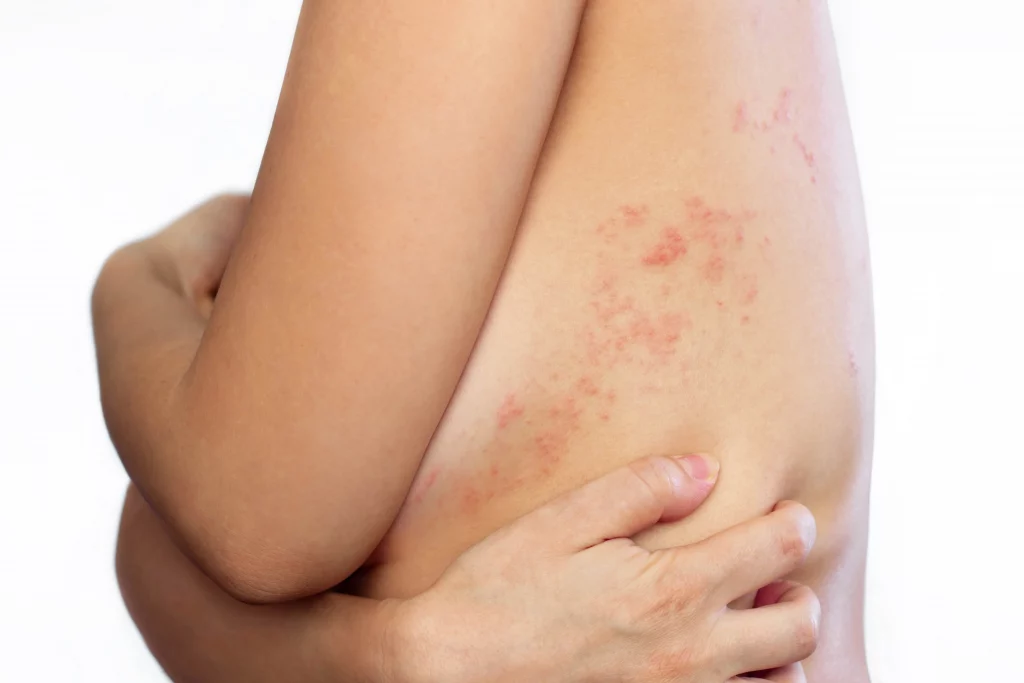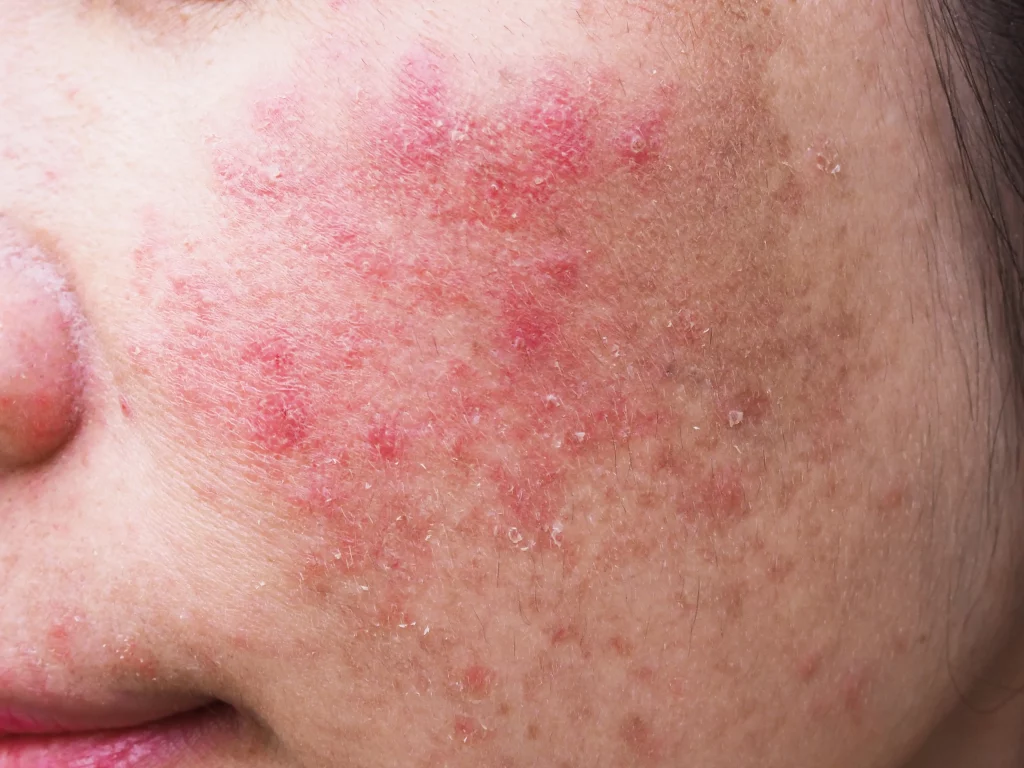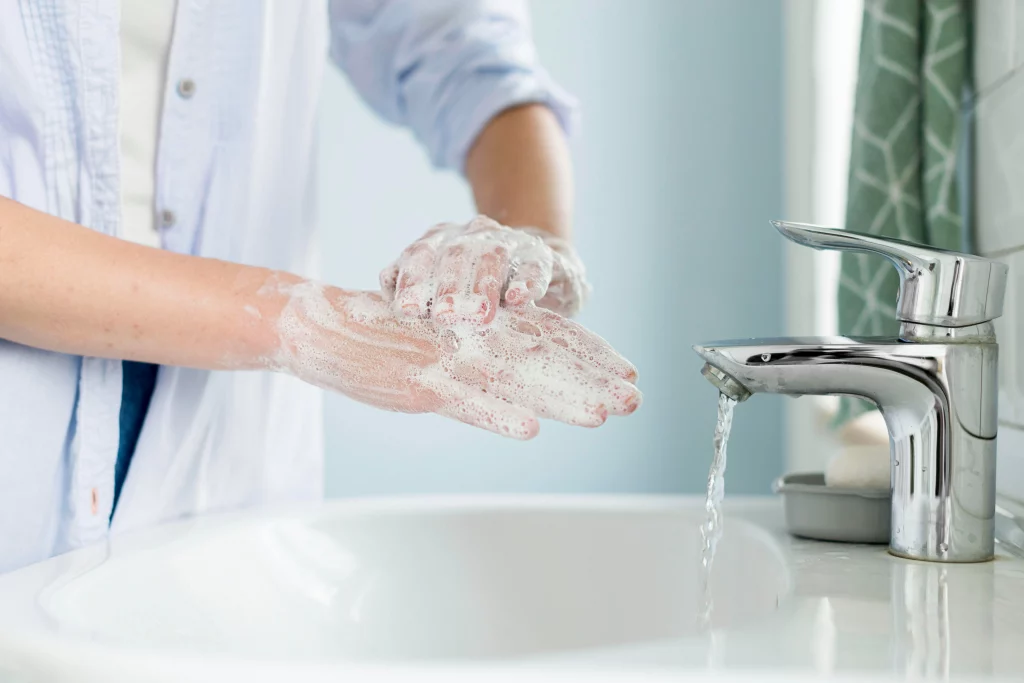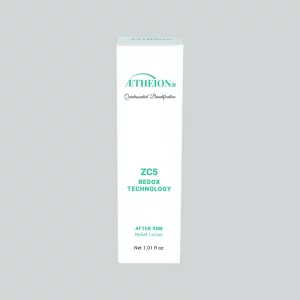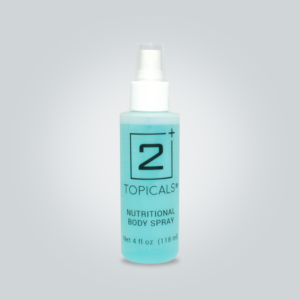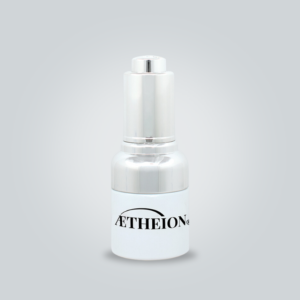No products in the cart.
4 Unique Slapped Cheek Syndrome Risk Factors
Slapped Cheek Syndrome
The fifth disease, also called slapped cheek syndrome or parvovirus B19, is a virus that primarily affects children. It gets its name because it was the fifth disease described in the medical literature. The fifth disease begins with a low-grade fever, followed by a distinctive red rash on the face, which gives the appearance of “slapped cheeks.” The rash then spreads to the trunk, arms, and legs. Fifth disease is usually a mild illness in children but can be more severe in adults, particularly pregnant women. There is no specific treatment for the fifth disease, but the virus typically goes away on its own within a few weeks.
The Fifth disease is common in children between the ages of 5 and 15. However, adults can also get the disease. The Fifth disease is more common in the winter and spring months.
Causes of Fifth Disease and Risk Factors
The Fifth disease is caused by a virus known as Parvovirus B19. This virus spreads through contact with respiratory secretions, such as saliva, mucus, or blood from an infected person. It can also spread through contact with contaminated surfaces, such as doorknobs, toys, or countertops. The virus also spreads through contact with infected pregnant women, leading to severe complications for the developing fetus. Pregnant women who develop the Fifth disease are at risk for miscarriage, stillbirth, or intrauterine growth restriction (IUGR). If you are pregnant and think you have been exposed to the Fifth disease virus, it is essential to contact your healthcare provider immediately.
There are several risk factors associated with the Fifth disease. These include:
• Age: This disease is most common in children between the ages of 5 and 15 years old, but the Fifth disease in adults can also develop.
• Season: The fifth disease is more common in the winter and spring months.
• Pregnancy: The Fifth disease can be severe for pregnant women and developing fetuses.
• Contact with infected individuals: The fifth disease spreads through contact with respiratory secretions, such as saliva, mucus, or blood from an infected person.
Fifth Disease Symptoms and Diagnosis
Fifth disease symptoms begin with a low-grade fever, followed by a distinctive red rash on the face, which gives the appearance of “slapped cheeks.” The rash then spreads to the trunk, arms, and legs. This disease is usually a mild illness in children, but the Fifth disease in adults may become more serious, particularly in pregnant women. There is no specific treatment for the Fifth disease, but the Fifth virus typically goes away on its own within a few weeks.
Diagnosing the Fifth disease is difficult because its symptoms are similar to other illnesses, such as measles, rubella, and scarlet fever. If your child has a rash, and you think they may have the Fifth disease, it is essential to contact your healthcare provider. They will likely ask about your child's symptoms and medical history. They may also order a blood test to look for antibodies to the Parvovirus B19 virus. A diagnosis of the Fifth disease may be made with a blood test or by examining a sample of the rash under a microscope.
Fifth Disease Treatment
Fifth disease treatment is typically not necessary, as the Fifth virus will go away on its own within a few weeks. However, if you are pregnant and have the Fifth disease, it is essential to contact your healthcare provider immediately as the Fifth disease can be severe for pregnant women and their developing fetuses. There is no specific Fifth disease treatment, but your healthcare provider may recommend rest and fluids to help you feel better. The fifth disease is a virus, so antibiotics will not help.
Prevention of Fifth Disease
There is no specific vaccine for slapped cheek syndrome, but there are some things you can do to reduce your risk of getting the virus. These include:
• Washing your hands often with soap and water, especially after contact with respiratory secretions, saliva, or blood
• Avoiding close contact with people who are sick
• Avoiding sharing cups, dishes, or other items with people who are sick
• Cleaning and disinfecting surfaces potentially contaminated with the virus
• Pregnant women should avoid contact with children who have the Fifth disease and people who have the virus. If you are pregnant and think you may have been exposed to the virus, it is essential to contact your healthcare provider.

Copyright © 2024 All Rights Reserved, AETHEION® cosmetics store is property of ChemCream S.A.P.I. de C.V.

